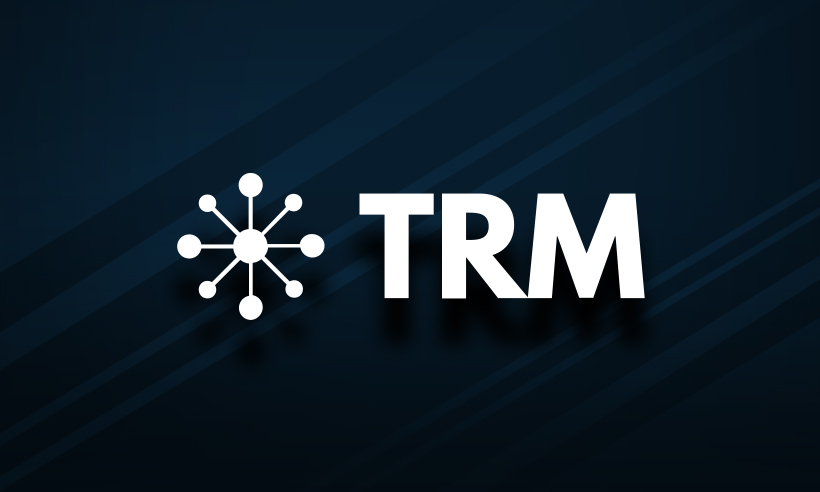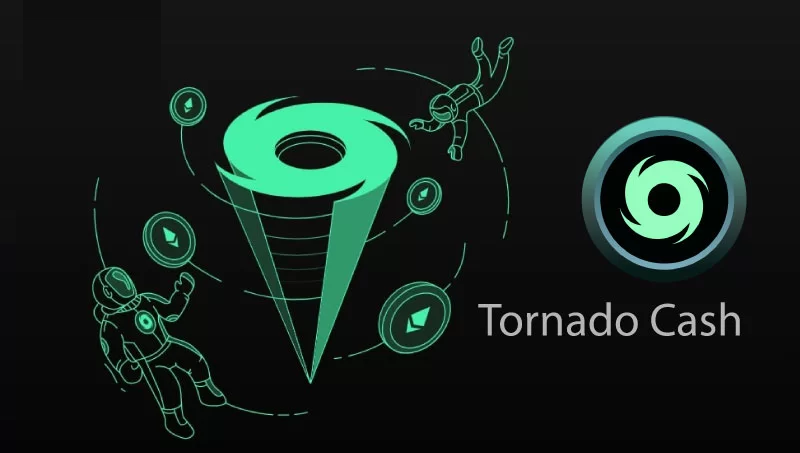TRM Labs finally spoke about blocking wallet addresses related to the Tornado Cash case.

After Tornado Cash was placed on the US sanctions list, TRM Labs provided information to parties such as Uniswap, Aave, and Circle, helping them comply with various regulations and track criminal activity.
TRM Labs monitors wallet addresses and classifies them by risk level. Thereby helping partners avoid dealing with money launderers or “falling into the sights” of the authorities.
However, because it is unclear how TRM Labs traces suspicious transactions and wallet addresses, it is facing much criticism in the crypto community.

On August 15, 2022, TRM Labs officially announced how to work with DeFi protocols to help these parties comply with the law.
At the same time, while subject to Tornado Cash sanctions, the blockchain intelligence company emphasizes that these new laws make crypto communities, projects, and companies even more ambiguous about the legal framework.
TRM Labs notes that this is the first time that the Office of Foreign Assets Control (OFAC) has sanctioned a smart contract object instead of a blockchain wallet, as is often the case in the past. Verifying if someone has interacted with a particular wallet address is usually easy. But with smart contracts, it is a lot more complicated.
“What makes the Tornado Cash designation challenging from a compliance and enforcement perspective is that any person who deposits funds into Tornado Cash can trigger the Tornado Cash smart contracts to send funds to any other Ethereum addresses.
Theoretically, someone could send funds to Tornado Cash and then specify that those funds be deposited into a totally unrelated cryptocurrency address belonging to a random, unsuspecting, or even unwilling person.”

Because of such complexity, TRM Labs explains that they offer three levels of risk data. That is, when evaluating a wallet address, they will see if that wallet address is a sanctioned wallet address and whether there was direct or indirect contact with the sanctioned addresses.
So, even though it is well known that it is the wallet of legitimate individuals, if it has been linked to a sanctioned wallet, then TRM Labs cannot consider it a clean wallet. That is why so many community user wallets are blocked from DeFi platforms because of the Tornado Cash incident, which has recently sparked debate.
DISCLAIMER: The Information on this website is provided as general market commentary and does not constitute investment advice. We encourage you to do your own research before investing.
Join CoinCu Telegram to keep track of news: https://t.me/coincunews
Follow CoinCu Youtube Channel | Follow CoinCu Facebook page
Harold
CoinCu News























